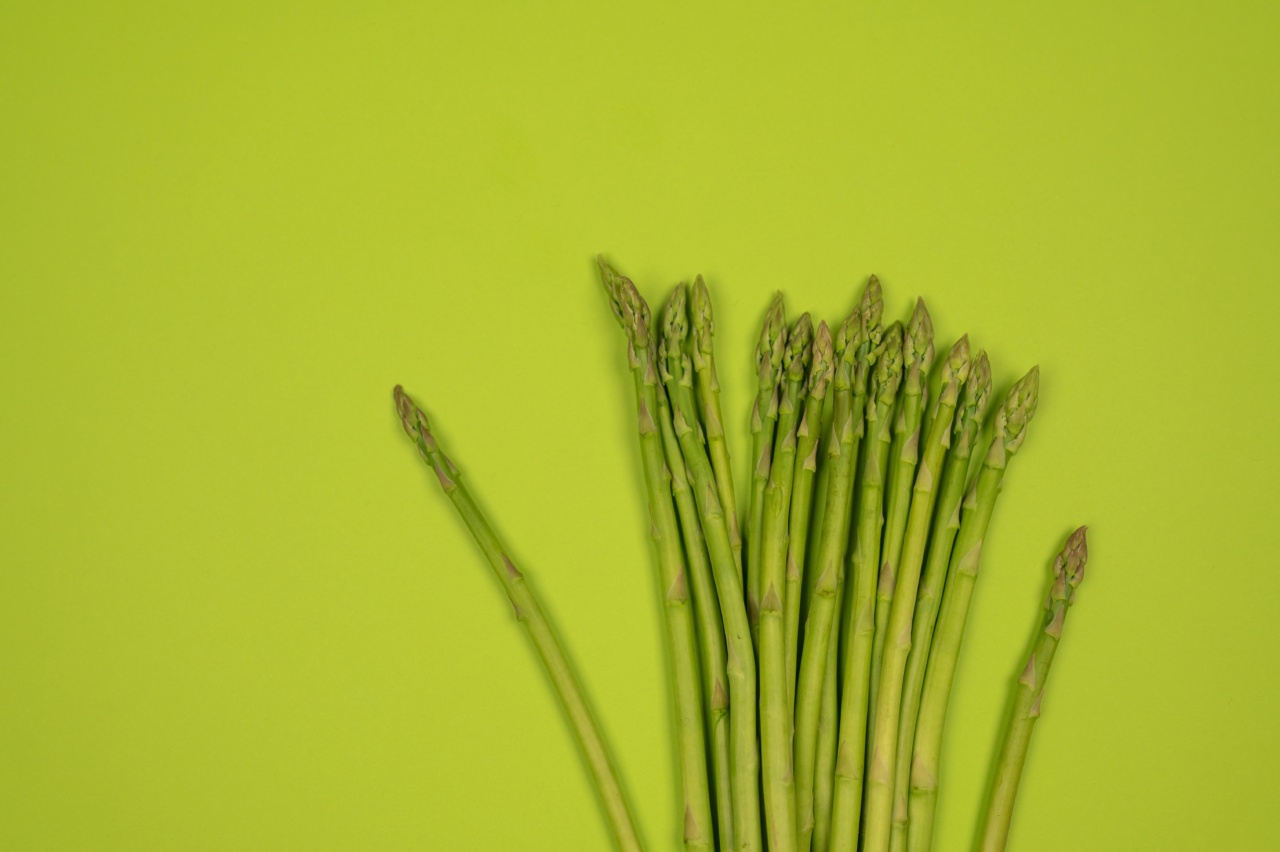Having high cholesterol levels can increase your risk of heart disease and stroke. It is important to maintain healthy cholesterol levels to prevent heart-related complications.
While medication can help lower cholesterol levels, changing your eating habits and lifestyle can also have a significant impact on your cholesterol levels. Here are ten nutritional tips to lower your cholesterol naturally.
1. Eat more fiber
Fiber has been shown to lower cholesterol levels by preventing the absorption of cholesterol in your intestines. It also promotes gut health and helps you feel full, which can prevent overeating.
Foods rich in fiber include fruits, vegetables, legumes, and whole grains. Aim for at least 25 grams of fiber per day.
2. Include healthy fats in your diet
Healthy fats such as monounsaturated and polyunsaturated fats can help lower your bad (LDL) cholesterol levels. These fats can be found in foods such as avocados, nuts, seeds, and vegetable oils.
Omega-3 fatty acids, found in fatty fish like salmon and tuna, also have heart-healthy benefits.
3. Limit saturated and trans fats
Saturated fats and trans fats can raise your bad (LDL) cholesterol levels. Saturated fats are found in animal products such as meat and dairy, while trans fats are commonly found in processed foods and baked goods.
Limit your intake of these fats to keep your cholesterol levels in check.
4. Choose low-fat dairy products
Dairy products can be a great source of nutrition, but they can also be high in saturated fat. Opt for low-fat or fat-free dairy products such as skim milk, low-fat cheese, and yogurt to reduce your intake of saturated fat.
5. Eat more plant-based foods
Research has shown that a plant-based diet can lower your cholesterol levels. Aim to incorporate more fruits, vegetables, whole grains, nuts, and legumes into your diet. Try to fill half of your plate with vegetables during meals.
6. Include soy in your diet
Soy foods such as tofu and soy milk have been shown to lower cholesterol levels. This is because soy contains compounds called isoflavones, which can inhibit cholesterol absorption in your intestines.
7. Use herbs and spices instead of salt
Excess salt intake can raise your blood pressure and increase your risk of heart disease. Use herbs and spices such as garlic, basil, and turmeric instead of salt to add flavor to your meals.
8. Avoid sugary drinks
Drinks such as soda and fruit juices can be high in sugar and calories, which can contribute to weight gain and high cholesterol levels. Opt for water, tea, or coffee instead and avoid adding sugar.
9. Limit alcohol consumption
Excessive alcohol consumption can raise your triglyceride levels, which can increase your risk of heart disease. Limit your alcohol intake to one drink per day for women and two drinks per day for men.
10. Maintain a healthy weight
Being overweight or obese can increase your risk of high cholesterol levels. Aim to maintain a healthy weight through a balanced diet and regular exercise to lower your cholesterol levels and reduce your risk of heart disease.






























